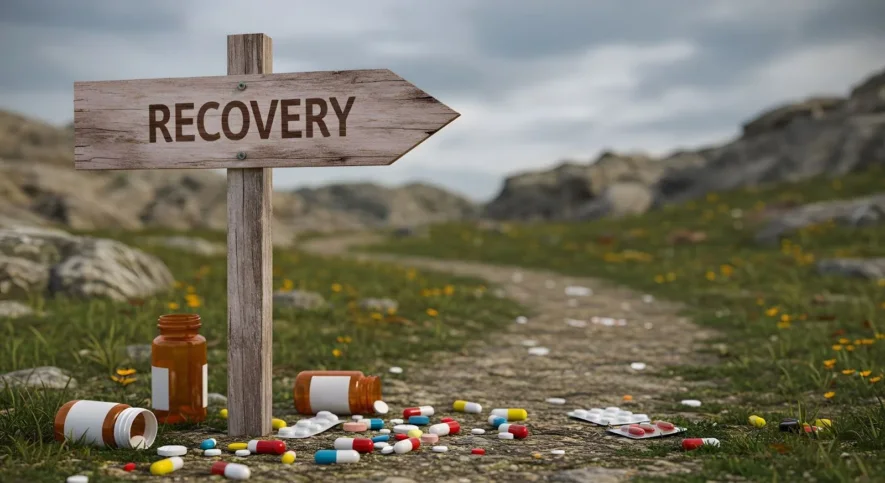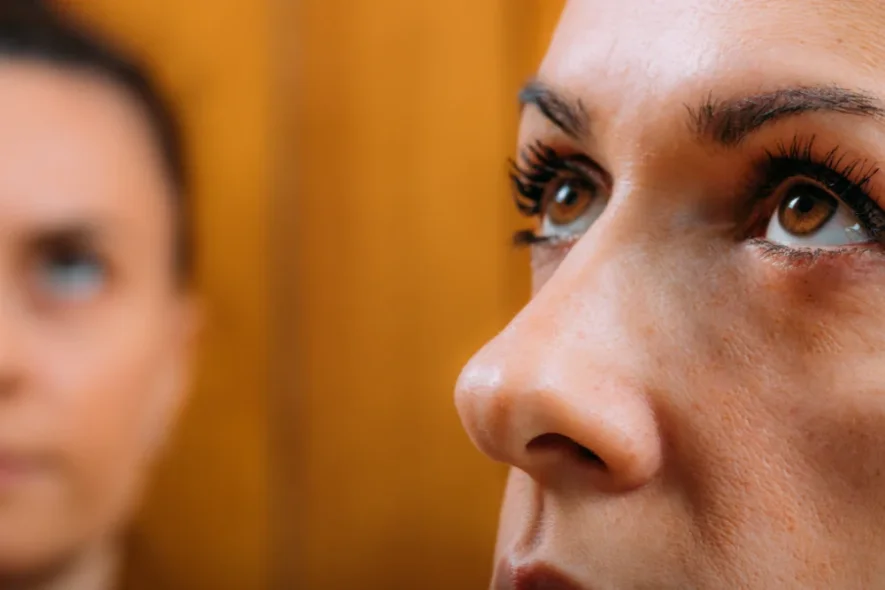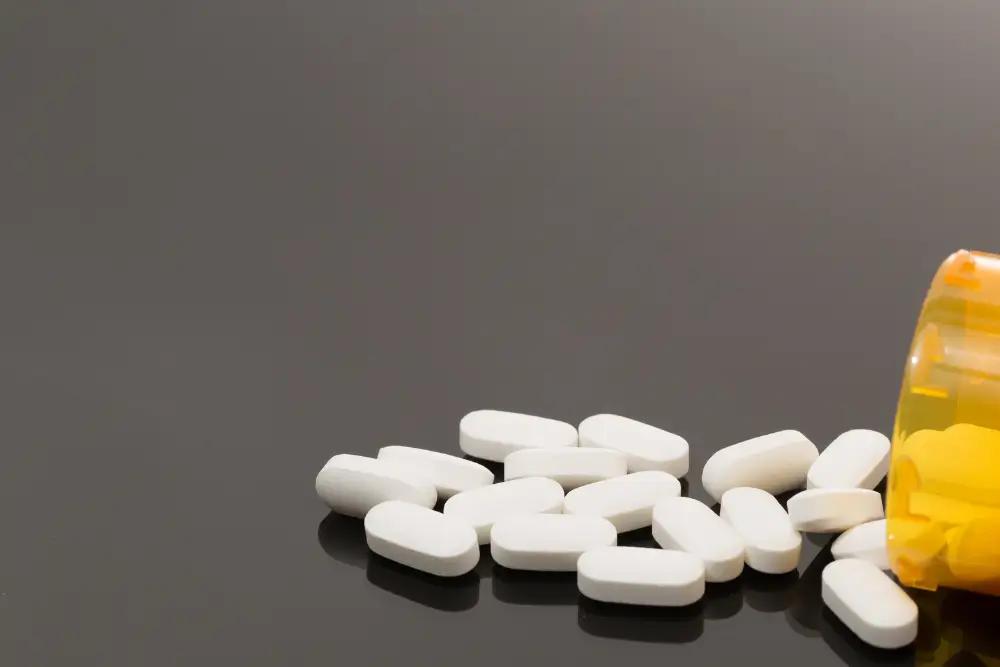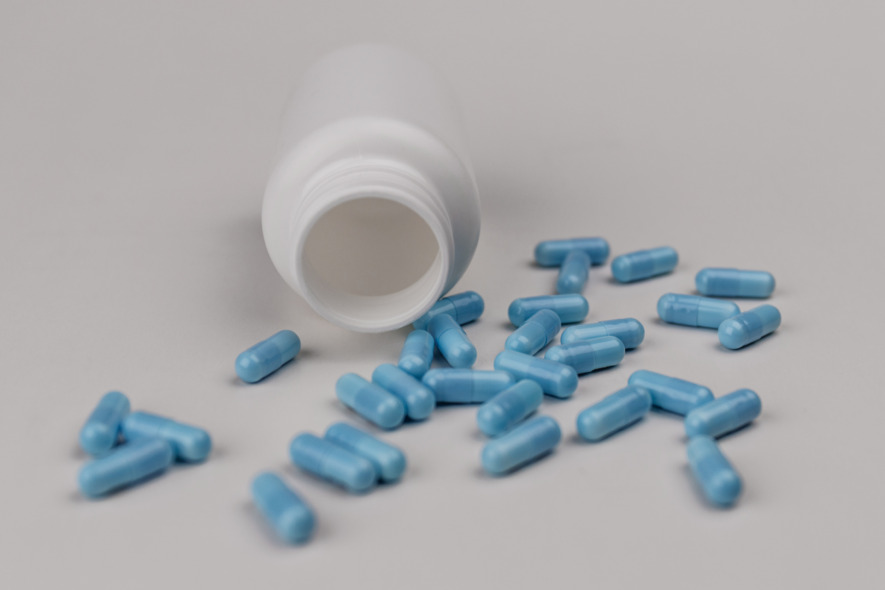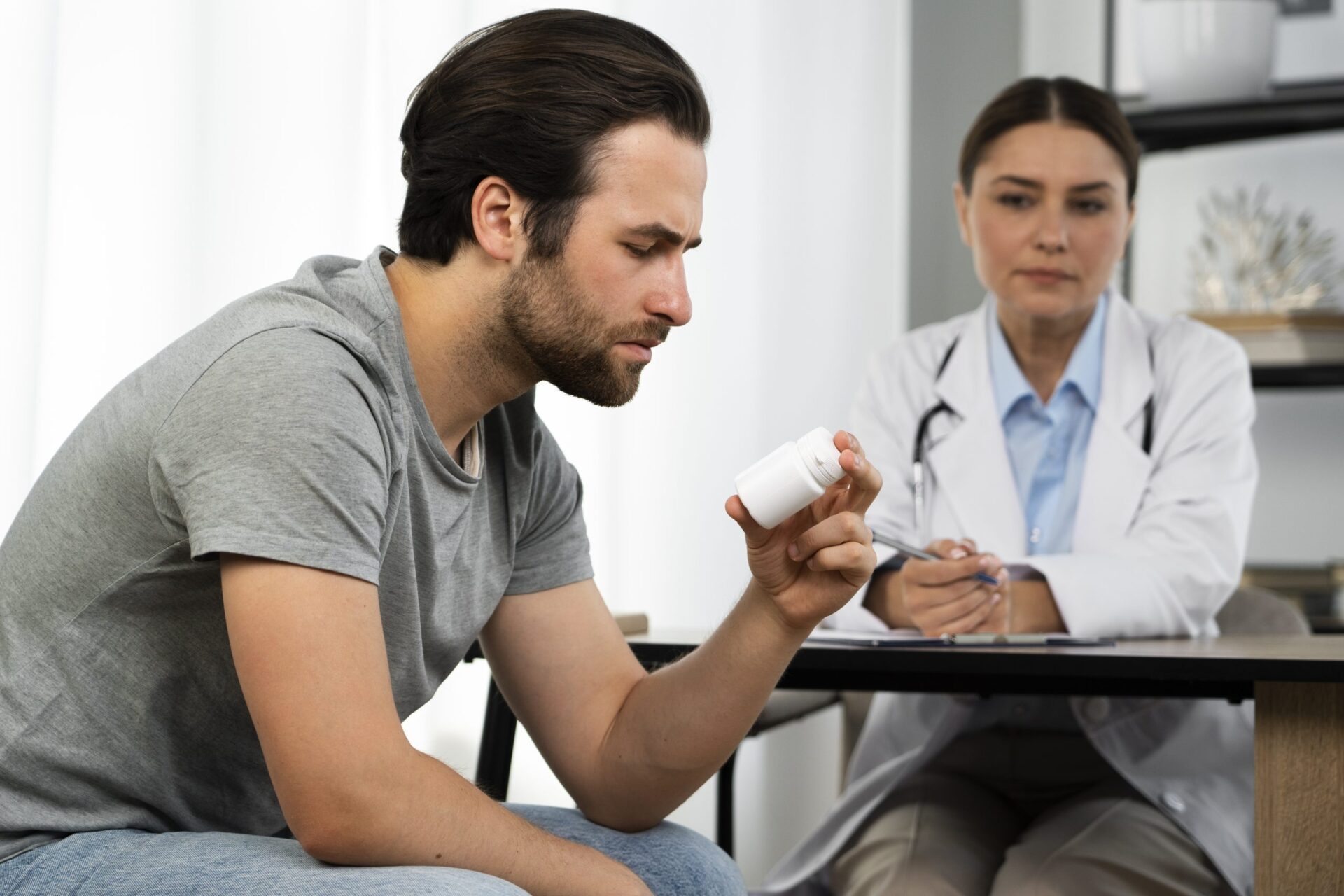Table of Contents
- Alcohol Withdrawal:Symptoms, Treatment and Advice
- What is alcohol withdrawal?
- Symptoms of Alcohol Withdrawal
- Causes of Alcohol Withdrawal
- How long does it take for alcohol withdrawal symptoms to start?
- The Differences Between Mild, Moderate and Severe Alcohol Withdrawal
- Treatment for Alcohol Withdrawal: How to Manage Symptoms?
Alcohol Withdrawal:
Symptoms, Treatment and Advice
What is alcohol withdrawal?
Alcohol withdrawal can be a scary and dangerous experience for those who have been drinking heavily for a prolonged period of time. Suddenly stopping alcohol consumption can cause severe physical and emotional symptoms that require medical attention.
It’s important to understand the causes, symptoms, treatment options, and prevention measures of alcohol withdrawal to help you better understand this medical condition and how to manage it effectively.
Alcohol Withdrawal vs. Alcohol Withdrawal Syndrome (AWS)
Alcohol withdrawal is the physical and emotional response that occurs when an individual abruptly stops or reduces their alcohol consumption after a period of heavy drinking.
Symptoms of Alcohol Withdrawal
Withdrawal symptoms can range from mild to severe and may include:
- Tremors
- Anxiety
- Nausea
- Vomiting
- Sweating
- Hallucinations
- Seizures
- Delirium tremens (DTs)
These symptoms usually start within 6-12 hours after the last drink and can last for days or even weeks.
Alcohol Withdrawal Syndrome (AWS) is a more severe form of alcohol withdrawal that occurs in individuals who have been drinking heavily for a prolonged period of time.It is characterized by a combination of physical and emotional symptoms that can be life-threatening if left untreated. The onset of AWS typically occurs within 24-48 hours after the last drink and can lead to serious complications such as seizures, respiratory failure, and cardiovascular collapse.Treatment for AWS may involve hospitalization and medication management under close medical supervision.
Causes of Alcohol Withdrawal
Alcohol withdrawal occurs when an individual who has been drinking heavily for a prolonged period of time suddenly stops or reduces their alcohol consumption. The brain and body become dependent on the presence of alcohol, leading to physical and emotional symptoms when it is no longer present.
Factors that affect severity
The severity of the withdrawal symptoms can vary depending on several factors such as:
- The amount and duration of alcohol consumption
- Age and overall health status
- Family history of alcoholism or addiction
- Co-existing medical or mental health conditions
Other risk factors that may contribute to the development of alcohol withdrawal include a history of previous withdrawal episodes, sudden cessation after binge drinking, and concurrent use of other substances.It’s important to note that not everyone who consumes alcohol will experience withdrawal symptoms, but heavy drinkers are more likely to develop dependence and experience severe symptoms upon cessation.
Seeking medical attention and support during the detoxification process can help manage these symptoms effectively.
How long does it take for alcohol withdrawal symptoms to start?
The onset of alcohol withdrawal symptoms can vary from person to person and depends on several factors. Generally, symptoms start within 6-12 hours after the last drink, but in some cases, they may not appear until days later.
The severity of the symptoms can range from mild to severe, with more severe symptoms being more likely in heavy drinkers. Delirium tremens (DTs), a life-threatening condition characterized by hallucinations, confusion, seizures, and fever, is a possible complication of alcohol withdrawal that can occur in a small percentage of individuals. It’s important to seek medical attention if you or someone you know is experiencing alcohol withdrawal symptoms.
The following timeline outlines what to expect during this process:
- 6-12 hours: Mild symptoms such as headache, nausea, and anxiety may occur
- 12-24 hours: Symptoms may worsen and include tremors, sweating, and an increased heart rate
- 24-48 hours: Severe symptoms such as DTs may occur
- 48-72 hours: Symptoms may begin to subside but can still be presentDays
- 3-5: Symptoms may peak before beginning to improve
Seeking medical attention can help manage symptoms and prevent complications. A healthcare professional can provide a comprehensive evaluation and determine the best course of treatment based on individual needs.
The Differences Between Mild, Moderate and Severe Alcohol Withdrawal
Alcohol withdrawal symptoms can range from mild to severe, depending on the individual’s level of alcohol dependence and other risk factors. Understanding the differences between these levels of severity can help individuals and healthcare professionals determine the appropriate course of treatment.
Mild Alcohol Withdrawal
Mild alcohol withdrawal symptoms typically occur within 6-12 hours after the last drink and may include:
Tremors
Anxiety
Headache
Sweating
Nausea and vomiting
Insomnia
While uncomfortable, these symptoms are not usually life-threatening and can be managed with proper medical care.
Moderate Alcohol Withdrawal
Moderate alcohol withdrawal symptoms are more severe than mild symptoms and may include:
Increased heart rate
High blood pressure
Confusion or disorientation
Hallucinations (visual or auditory)
Seizures
Moderate alcohol withdrawal requires medical attention to manage these symptoms effectively and prevent further complications.
Severe Alcohol Withdrawal (Delirium Tremens)
Severe alcohol withdrawal, also known as delirium tremens (DTs), is a life-threatening condition that requires immediate medical attention. Symptoms of DTs may include:
Extreme confusion or disorientation
Body tremors or shaking
Profound sweating or feverHallucinations (visual or auditory)
Seizures
Without proper medical intervention, DTs can lead to serious complications such as respiratory failure, cardiovascular collapse, and coma.It’s important to seek medical attention if you or a loved one is experiencing any level of alcohol withdrawal symptoms. A healthcare professional can provide a comprehensive evaluation and determine the best course of treatment based on individual needs.
The Impact of Alcohol Withdrawal on Mental Health
Alcohol withdrawal can have a significant impact on an individual’s mental health, both during the acute withdrawal phase and in the long term.
Acute Phase
During the acute phase of alcohol withdrawal, individuals may experience:
Anxiety
Depression
Irritability
Mood swings
These symptoms can be severe and may require medication management to help manage them effectively.
Long-Term Impact:
In the long term, prolonged alcohol use and subsequent withdrawal can increase the risk of developing mental health disorders such as:
Depression
Anxiety
Post-traumatic stress disorder (PTSD)
Additionally, individuals who struggle with alcohol addiction may use alcohol as a coping mechanism for underlying mental health issues. When they stop drinking, these issues may resurface or become more pronounced. It’s important for healthcare professionals to screen for co-occurring mental health disorders during the detoxification process to ensure appropriate treatment is provided.
Overall, alcohol withdrawal can have a significant impact on an individual’s mental health. Seeking medical attention and support services during this process can help manage these symptoms effectively and reduce the risk of long-term complications.
Treatment for Alcohol Withdrawal: How to Manage Symptoms?
Alcohol withdrawal can be a challenging and even life-threatening experience. It’s important to seek professional help if you or a loved one are experiencing symptoms of alcohol withdrawal.
Mild Symptoms:
Mild symptoms of alcohol withdrawal can be treated with medication and supportive care.
Medications:
Benzodiazepines can help relieve anxiety and prevent seizures, while antipsychotics can help with hallucinations and delusions.
Supportive care:
Intravenous fluids, nutritional support, and management of other medical conditions.
Severe Symptoms:
Severe symptoms of alcohol withdrawal may require hospitalization and intensive care.
Treatment:
Intravenous fluids, medications to prevent seizures and other complications, and close monitoring by medical professionals.
It’s important to remember that alcohol withdrawal can be a dangerous and unpredictable process. Seeking professional help is crucial to ensuring a safe and successful recovery. Don’t hesitate to reach out for help if you or a loved one are struggling with alcohol addiction.
Conclusion
Alcohol withdrawal can be a dangerous and even life-threatening experience, especially for those who have been drinking heavily for a prolonged period of time. It is important to seek professional help if you or a loved one are experiencing symptoms of alcohol withdrawal. The severity of the symptoms can vary from mild to severe, with more severe symptoms being more likely in heavy drinkers. Delirium tremens (DTs), a life-threatening condition characterized by hallucinations, confusion, seizures, and fever, is a possible complication of alcohol withdrawal that can occur in a small percentage of individuals.
In order to prevent alcohol withdrawal, it’s best to avoid heavy drinking altogether. If you do drink, it is important to do so in moderation and never drink to the point of intoxication.
Seeking support from friends and family, joining an alcohol addiction treatment center, seeking counseling or other mental health services can also help prevent alcohol addiction.
If you or someone you know is struggling with alcohol addiction, there are several resources available including outpatient treatment programs, inpatient or outpatient treatment programs, support groups such as Alcoholics Anonymous (AA), and individual counseling or therapy. Remember that getting help for alcohol addiction is an ongoing process that requires commitment and dedication.



